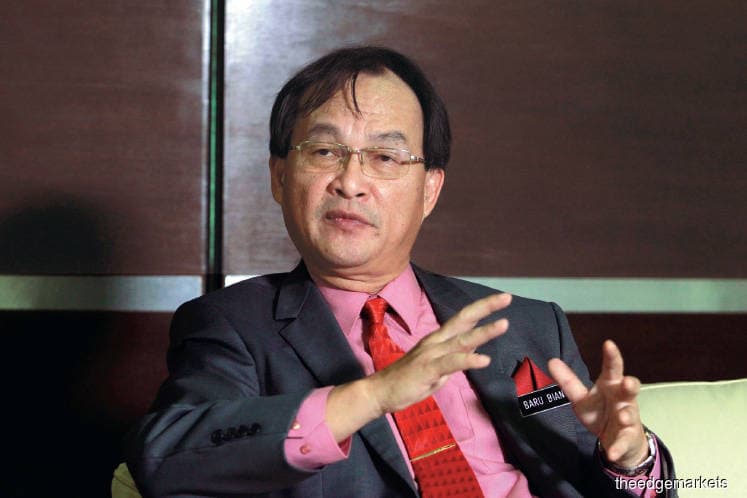
This article first appeared in The Edge Financial Daily on October 15, 2019
KUALA LUMPUR: The government will be opening up three work packages worth RM925 million for the Sabah portion of the Pan Borneo Highway in the first quarter of 2020 (1Q20).
Works Minister Baru Bian told Dewan Rakyat yesterday that as at Sept 21 this year, the project was 21.3% completed, behind the 44.4% scheduled progress.
“The Pan Borneo Sabah had three phases when the project delivery partner (PDP) agreement was signed, and the 706km stretch was divided into 35 packages,” he said during the Ministerial Question Time.
“As at Sept 21, 2019, when the PDP was terminated, only 12 packages were awarded. One of them [was] terminated due to financial difficulties faced by the contractor. This was package 15 [for the stretch] from Tawau to Semporna, while progress of the remaining 11 packages were 6% to 60% completed.”
Now, the government has agreed to award another three packages — 28, 29 and 30 — in 1Q20, involving upgrading works at the Telupid and Beluran exits, spanning almost 60km and costing RM925 million, Baru said.
“The remaining 20 packages are expected to be tendered in the 12th Malaysia Plan, between 2021 and 2025, provided it is approved by the federal government.”
Baru was responding to Ahmad Hassan (Warisan-Papar) who had asked the government to state the number of work packages for the Pan Borneo project that had yet to be implemented when the supervisory responsibility was handed to Sabah’s ministry of infrastructure development.
Baru’s ministry first announced in April this year that the government would tender out three more work packages under the Sabah portion of the Pan Borneo Highway project “in the near future”, without specifying the value of the works to be done.
At the time, the ministry also confirmed Prime Minister Tun Dr Mahathir Mohamad’s announcement that it was taking over the implementation of the Sabah portion of the highway, and that the cabinet had decided to implement the project “conventionally”, in line with the government optimising the costs of projects that have high financial implications for the country.